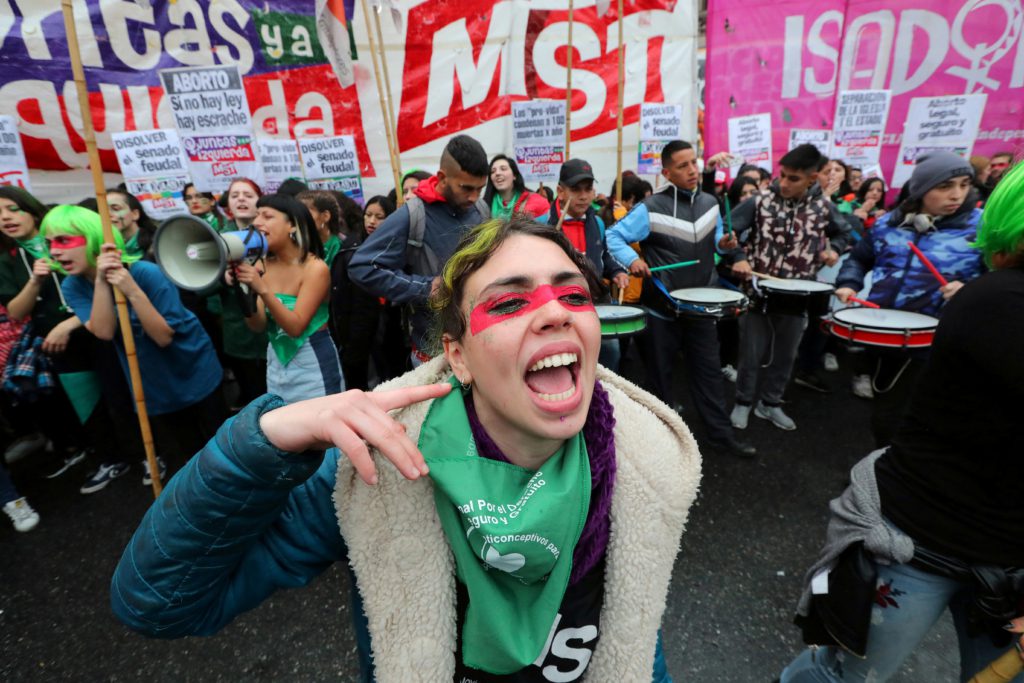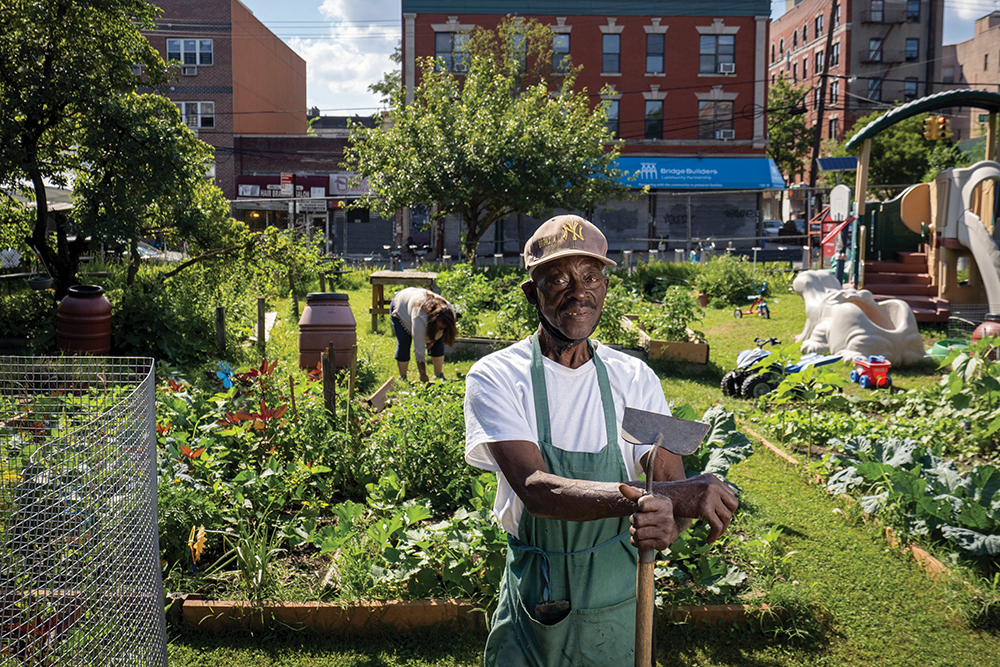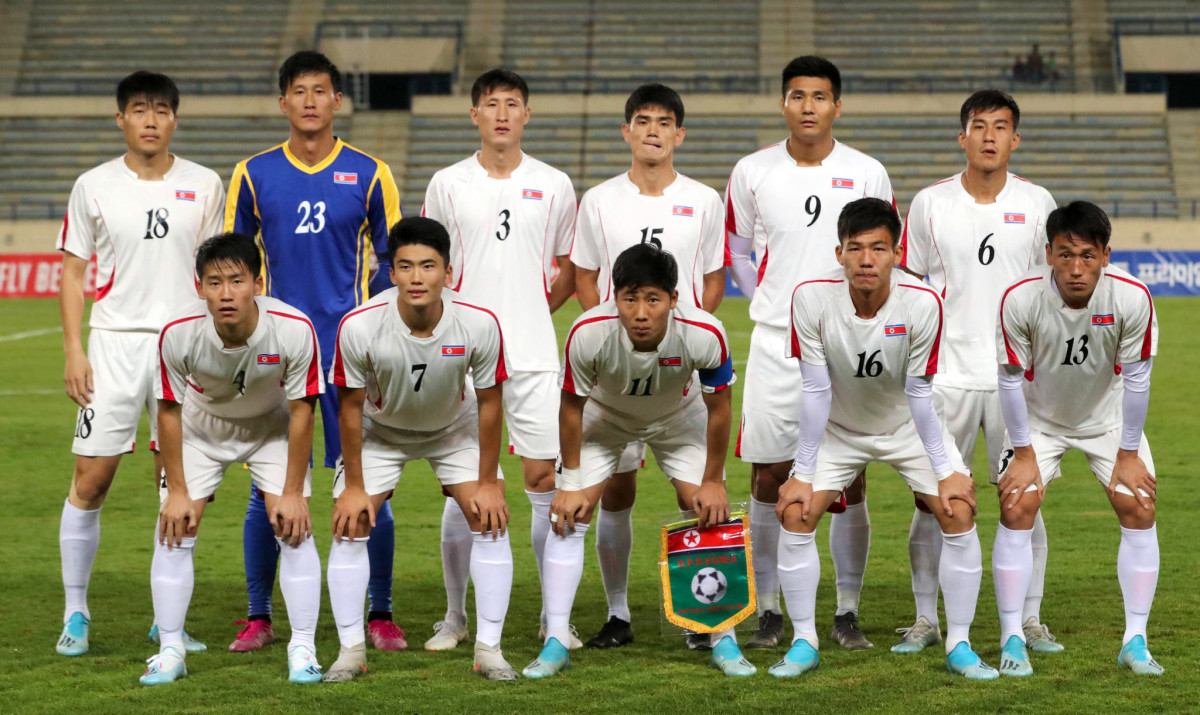Amnesty International has been a beacon of hope for over six decades, tirelessly advocating for a world where every individual’s rights are respected. Founded in 1961 by British lawyer Peter Benenson, the organization was sparked by a simple yet powerful idea: ordinary people can drive extraordinary change. This article dives into how Amnesty International advances social justice through its relentless focus on human rights, weaving together stories of impact, strategic campaigns, and practical ways to get involved. Let’s explore how this global movement transforms lives and reshapes societies, one right at a time.
The Roots of Amnesty International
A Spark in the London Underground
In 1960, Peter Benenson read about two Portuguese students imprisoned for toasting to freedom. Outraged, he penned an article, “The Forgotten Prisoners,” in The Observer, igniting a global movement. That spark became Amnesty International, a grassroots organization dedicated to freeing prisoners of conscience and upholding human dignity. Today, with over 10 million supporters across 150 countries, Amnesty’s mission remains rooted in protecting the Universal Declaration of Human Rights (UDHR).
Core Principles Driving Social Justice
Independence and Impartiality
Amnesty operates free from government or corporate funding, ensuring its campaigns remain unbiased. This independence allows it to hold powerful entities accountable, from governments to corporations, without fear or favor. By focusing on universal human rights, Amnesty bridges divides, advocating for everyone, everywhere. Its commitment to impartiality builds trust, making its voice a powerful force for justice.
Intersectionality and Inclusion
Amnesty’s work is guided by an intersectional lens, recognizing that discrimination often compounds across gender, race, ethnicity, and other identities. This approach ensures campaigns address the unique challenges faced by marginalized communities. By prioritizing inclusion, Amnesty amplifies voices that are often silenced, creating a more equitable world.
Grassroots Power
Amnesty’s strength lies in its people-powered model. Millions of supporters—ordinary individuals like you and me—drive its campaigns through petitions, protests, and letter-writing. This collective action transforms local issues into global movements, proving that small acts can lead to monumental change.
Key Campaigns for Social Justice
Ending the Death Penalty
Amnesty has been a global leader in advocating for the abolition of the death penalty, viewing it as a violation of the right to life. Since the 1970s, its campaigns have helped reduce the number of countries using capital punishment from 184 to 55. In 2023, Malaysia’s abolition of mandatory death penalties marked a significant victory, driven by Amnesty’s relentless advocacy.
Fighting Gender-Based Discrimination
From securing abortion rights to protecting LGBTI communities, Amnesty tackles gender-based injustices head-on. In 2024, its support for non-binary activists in Puerto Rico led to a federal case for inclusive gender recognition. By combining research with grassroots campaigns, Amnesty drives systemic change for gender equality.
Climate Justice
Climate change disproportionately impacts marginalized communities, and Amnesty is at the forefront of linking environmental issues to human rights. In 2023, its advocacy helped Australia co-sponsor Vanuatu’s initiative to bring climate justice to the International Court of Justice, a landmark step toward holding governments accountable for environmental harm.
Combating Surveillance and Tech Abuses
Amnesty’s Tech division investigates how technology can undermine human rights. Its Security Lab exposed Serbia’s unlawful use of spyware against journalists, leading to investigations and policy changes. By advocating for ethical tech practices, Amnesty ensures digital spaces respect human dignity.
Real Stories of Impact
Renzo’s Fight for Justice in Chile
In 2019, Renzo Inostroza, a Chilean activist, was shot and blinded in one eye by police during a protest. Amnesty’s Eyes on Chile report documented this and other cases of police violence, leading to the conviction of two officers in 2023. Renzo’s story shows how Amnesty’s research and advocacy can turn personal tragedies into steps toward systemic justice.
Beatriz’s Legacy in El Salvador
Beatriz, a young Salvadoran woman, was denied an abortion in 2013 despite life-threatening health risks. Amnesty’s campaign supported her family’s fight, culminating in a 2024 ruling by the Inter-American Court of Human Rights condemning El Salvador’s restrictive laws. This victory not only honored Beatriz’s memory but also set a precedent for reproductive rights across Latin America.
Hawa Hunt’s Freedom
Hawa Hunt, a reality TV star in an African nation, faced arrest in 2024 for criticizing the government online. Amnesty’s global campaign, amplified by supporters’ letters, secured her release within months. Her daughter, Alicia, credited Amnesty’s swift action for giving her mother a voice when she was silenced.
Strategies for Advancing Social Justice
Research and Evidence-Based Advocacy
Amnesty’s rigorous research underpins its campaigns. By documenting abuses—such as Russia’s unlawful treatment of Ukrainian civilians during “filtration” processes—Amnesty provides evidence to international bodies like the UN, driving accountability. This meticulous approach ensures its advocacy is credible and impactful.
Grassroots Mobilization
Amnesty’s letter-writing campaigns are legendary. Each December, millions of supporters write letters for prisoners of conscience, often leading to their release. In 2022, Maldivian activist Rusthum Mujuthaba was freed after an Amnesty Urgent Action campaign, proving the power of collective voices.
Human Rights Education (HRE)
Education is a cornerstone of Amnesty’s strategy. In 2023, its HRE programs reached millions, from Zimbabwe’s constitutional debates on the death penalty to Moldova’s workshops challenging gender stereotypes. By equipping communities with knowledge, Amnesty fosters long-term change.
Policy Influence
Amnesty works with governments and international bodies to shape laws. Its advocacy helped pass a UN resolution in 2022 recognizing the right to a healthy environment, a critical step for environmental justice. By engaging policymakers, Amnesty ensures human rights are embedded in legal frameworks.
Comparing Amnesty’s Approach to Other Organizations
| Organization | Focus | Funding | Key Strength |
|---|---|---|---|
| Amnesty International | Universal human rights, intersectionality | Member donations, independent | Grassroots mobilization, research |
| Human Rights Watch | Human rights abuses, global advocacy | No government/corporate funding | Field-based research, litigation |
| Civil Rights Defenders | Civil and political rights | Independent, partnerships | Innovation, local partnerships |
| Global Rights | Marginalized communities, cross-cutting issues | Partnerships, grants | Grassroots activism, local focus |
Why Amnesty Stands Out
Amnesty’s independence and global reach set it apart. Unlike some organizations that rely on grants, Amnesty’s funding comes from supporters, ensuring impartiality. Its intersectional approach also ensures it addresses overlapping forms of discrimination, making its impact broader and more inclusive.
Pros and Cons of Amnesty’s Approach
Pros
- Global Reach: Operates in over 150 countries, amplifying local issues globally.
- Independence: Free from government or corporate influence, ensuring credibility.
- Intersectionality: Addresses multiple forms of discrimination, enhancing inclusivity.
- Grassroots Power: Millions of supporters drive campaigns, creating widespread impact.
Cons
- Resource Constraints: Limited funding can restrict the scope of campaigns.
- Focus Limitations: Prioritizing marginalized groups may not address broader societal inequalities fully.
- Resistance to Change: Some traditional supporters may resist Amnesty’s evolving focus on economic and social rights.
How to Get Involved with Amnesty International
Join the Movement
Becoming an Amnesty supporter is easy. Visit amnesty.org to sign up, donate, or participate in campaigns. Whether it’s signing a petition or joining a local group, every action counts.
Participate in Campaigns
Amnesty’s website offers tools to join ongoing campaigns, from writing letters to attending events. For example, the annual Write for Rights campaign mobilizes millions to advocate for prisoners of conscience. Check amnesty.org.au for Australian-specific actions.
Educate Yourself and Others
Amnesty’s Human Rights Education resources, available at amnesty.org, provide free materials for schools and communities. These tools empower you to spread awareness and inspire action.
Advocate Locally
Join or start a local Amnesty group. In the UK, amnesty.org.uk lists student and youth groups where you can connect with like-minded activists. These groups organize events and campaigns tailored to local issues.
People Also Ask (PAA)
What does Amnesty International do for social justice?
Amnesty International advances social justice by campaigning for human rights, including ending the death penalty, fighting gender discrimination, and advocating for climate justice. It conducts research, mobilizes supporters, and influences policy to protect marginalized communities and uphold the UDHR.
How does Amnesty International fund its work?
Amnesty relies entirely on donations from members and supporters, ensuring independence from governments and corporations. This funding model allows it to campaign impartially and maintain credibility.
Can anyone join Amnesty International?
Yes, anyone can join Amnesty as a supporter or volunteer. Visit amnesty.org to sign up, donate, or participate in campaigns. No prior experience is needed—just a passion for human rights.
How effective is Amnesty International?
Amnesty has secured numerous victories, from freeing prisoners of conscience to influencing laws like Malaysia’s 2023 death penalty reform. Its global reach and evidence-based advocacy make it a powerful force for change.
FAQ Section
How was Amnesty International founded?
Amnesty was founded in 1961 by Peter Benenson after he read about two Portuguese students imprisoned for toasting to freedom. His article, “The Forgotten Prisoners,” sparked a global movement to protect human rights.
What are Amnesty’s main focus areas?
Amnesty focuses on ending abuses like torture, the death penalty, and gender discrimination, while also addressing climate justice, tech abuses, and economic rights. Its intersectional approach ensures inclusivity.
How can I support Amnesty’s campaigns?
You can support Amnesty by donating, signing petitions, joining local groups, or participating in campaigns like Write for Rights. Visit amnesty.org for more details.
Does Amnesty work on local issues?
Yes, Amnesty addresses local issues through its global network. For example, in the UK, it campaigns for stronger human rights laws, while in Australia, it supports First Nations rights.
Is Amnesty’s work impactful?
Amnesty’s impact is undeniable, with victories like the release of prisoners, policy changes, and global resolutions. Its 1977 Nobel Peace Prize and ongoing successes highlight its effectiveness.
Conclusion: A Call to Action
Amnesty International’s work is a testament to the power of collective action. From freeing prisoners to shaping global policies, it proves that ordinary people can drive extraordinary change. Whether it’s signing a petition, educating your community, or advocating for policy reform, you have the power to advance social justice. Visit amnesty.org today to join the movement and be part of a world where human rights are enjoyed by all. Let’s make justice a reality, together.





